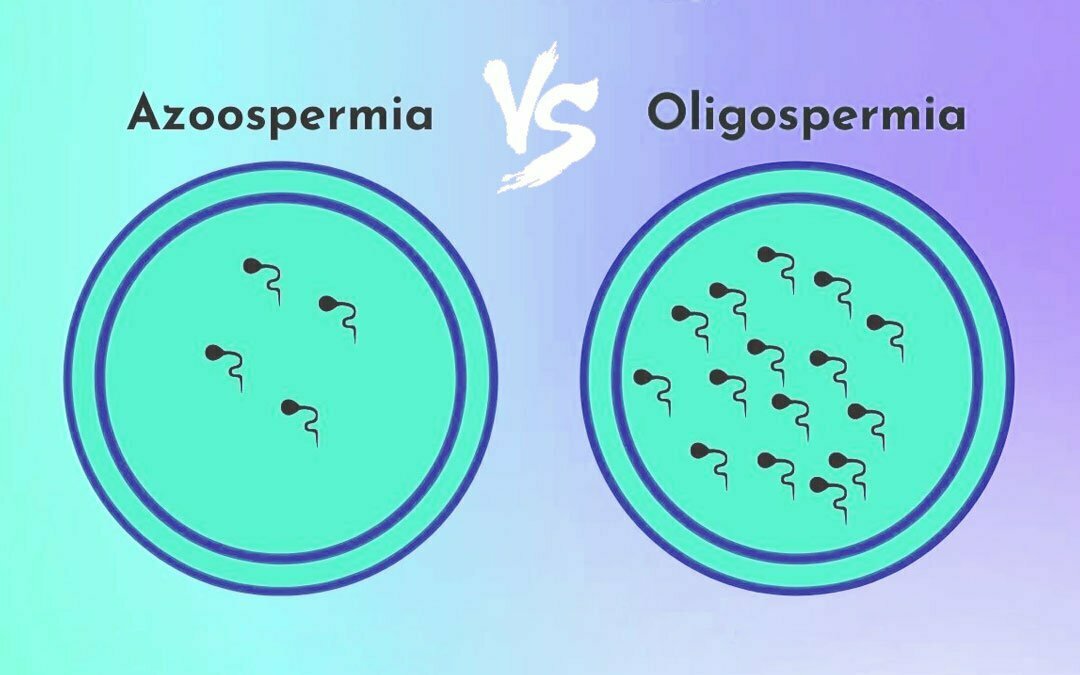
Azoospermia Treatment
Azoospermia: Understanding Male Infertility and Fertility Challenges.
Azoospermia: Unveiling the Challenge
Azoospermia, often referred to as "no sperm count," is a perplexing condition within the realm of male infertility. In this condition, the ejaculate contains zero sperm, posing a significant hurdle for couples aspiring to conceive. The absence of sperm can stem from various underlying factors, affecting the complex process of sperm production, maturation, and release.
About Male Infertility
Male infertility can be attributed to multiple factors, including issues related to sperm production, quality, and transportation. Among the contributing factors are hormonal imbalances, genetic anomalies, testicular failure, and obstructions in the reproductive system. These factors collectively can lead to conditions like azoospermia, where the sperm count is reduced to zero, or oligospermia, characterized by a low sperm count.
Understanding Azoospermia Types
Two primary categories of azoospermia exist: non-obstructive azoospermia and obstructive azoospermia. In non-obstructive azoospermia, a malfunction in the testicles hinders sperm production, often attributed to conditions like Sertoli cell-only syndrome or hormonal imbalances. On the other hand, obstructive azoospermia results from physical blockages that prevent the sperm from reaching the ejaculate despite being produced in the testicles.
Diagnostic Approaches
Diagnosing azoospermia involves a critical step called semen analysis. This process examines the ejaculate for the presence or absence of sperm. If no sperm are found, further investigations are conducted to discern whether the issue is non-obstructive or obstructive in nature. This distinction is crucial for determining appropriate treatment options.
Treatment Paths
The treatment journey for azoospermia varies based on the underlying cause. In cases of obstructive azoospermia, where sperm production is normal but blocked, surgical procedures can help retrieve sperm from the reproductive tract. Non-obstructive azoospermia treatments may include hormonal therapies, lifestyle adjustments, and assisted reproductive techniques such as in vitro fertilization (IVF) with intracytoplasmic sperm injection (ICSI).
Genetic Aspects and Reproductive Health
Genetic causes of azoospermia shed light on how certain genetic mutations and abnormalities can disrupt the normal processes of sperm production and maturation. Understanding the genetic components of azoospermia can not only aid in diagnosis but also influence family planning decisions and reproductive health strategies.
Empowering Fertility Solutions
At Chawla Embryo IVF, Chawla nursing home and maternity hospital, Jalandhar Punjab, we understand the profound impact of azoospermia on couples' dreams of parenthood. Our expert team is dedicated to providing comprehensive diagnostic assessments, personalized treatment plans, and unwavering support throughout your journey. We believe in empowering our patients with knowledge, compassion, and the latest advancements in reproductive medicine to overcome fertility challenges.
Contact Us:
Contact us today on +919023703001,+917307103001 to schedule a consultation and embark on a path towards understanding, addressing, and conquering azoospermia. Your journey to parenthood begins here Chawla nursing home and Maternity Hospital, Jalandhar ,Punjab
Schedule An Appointment
Get your Appointment Confirm with us Easily


